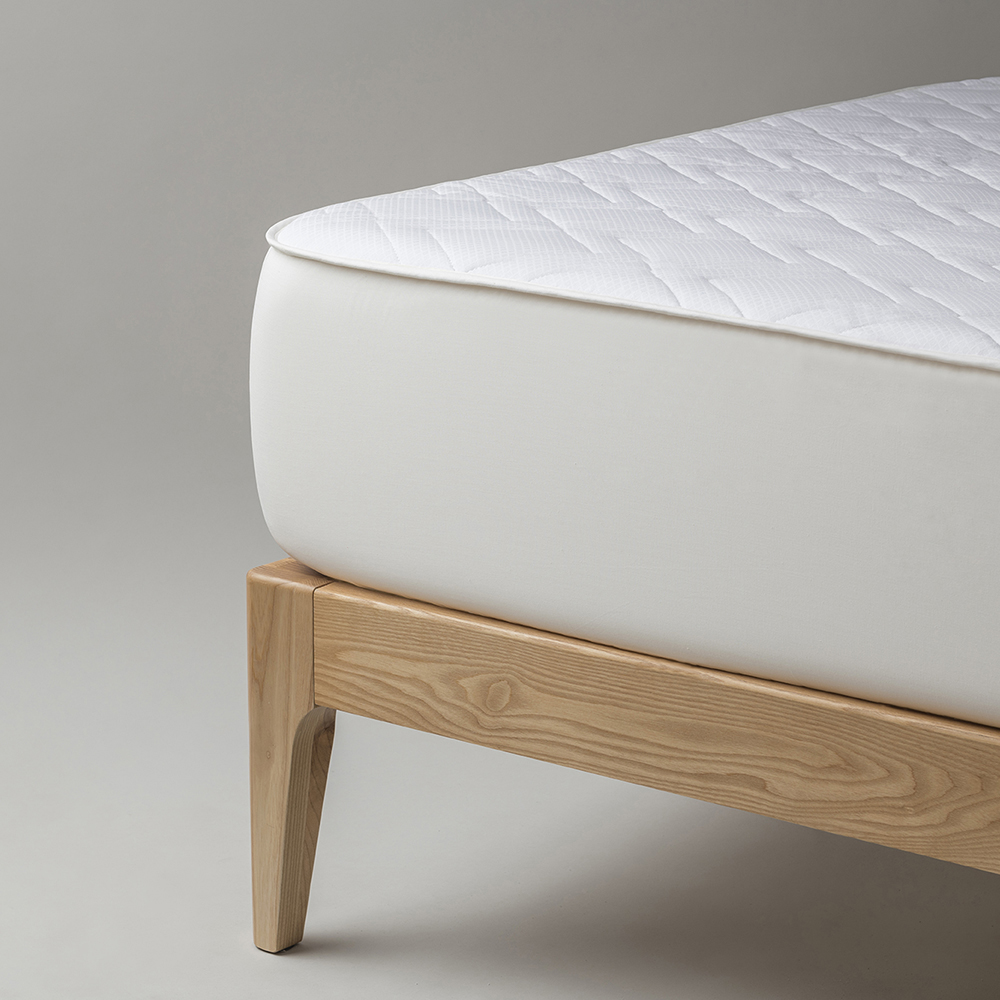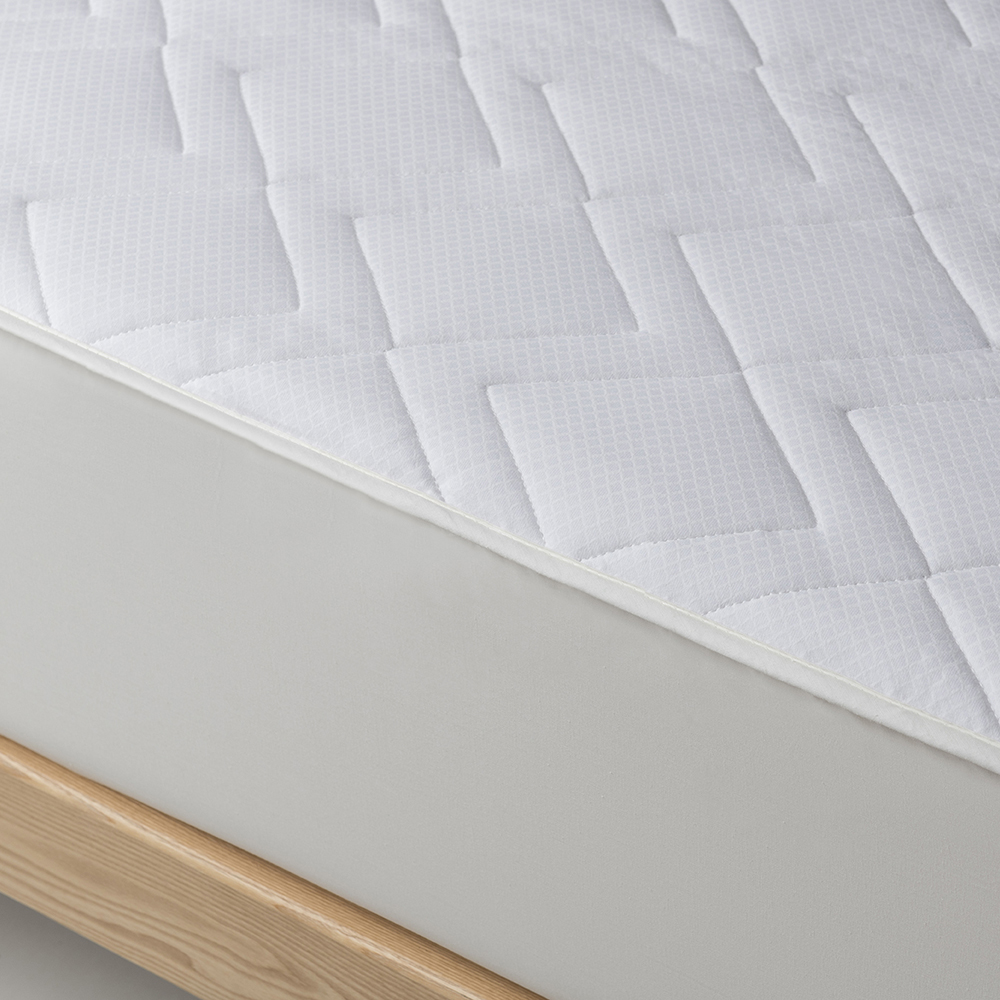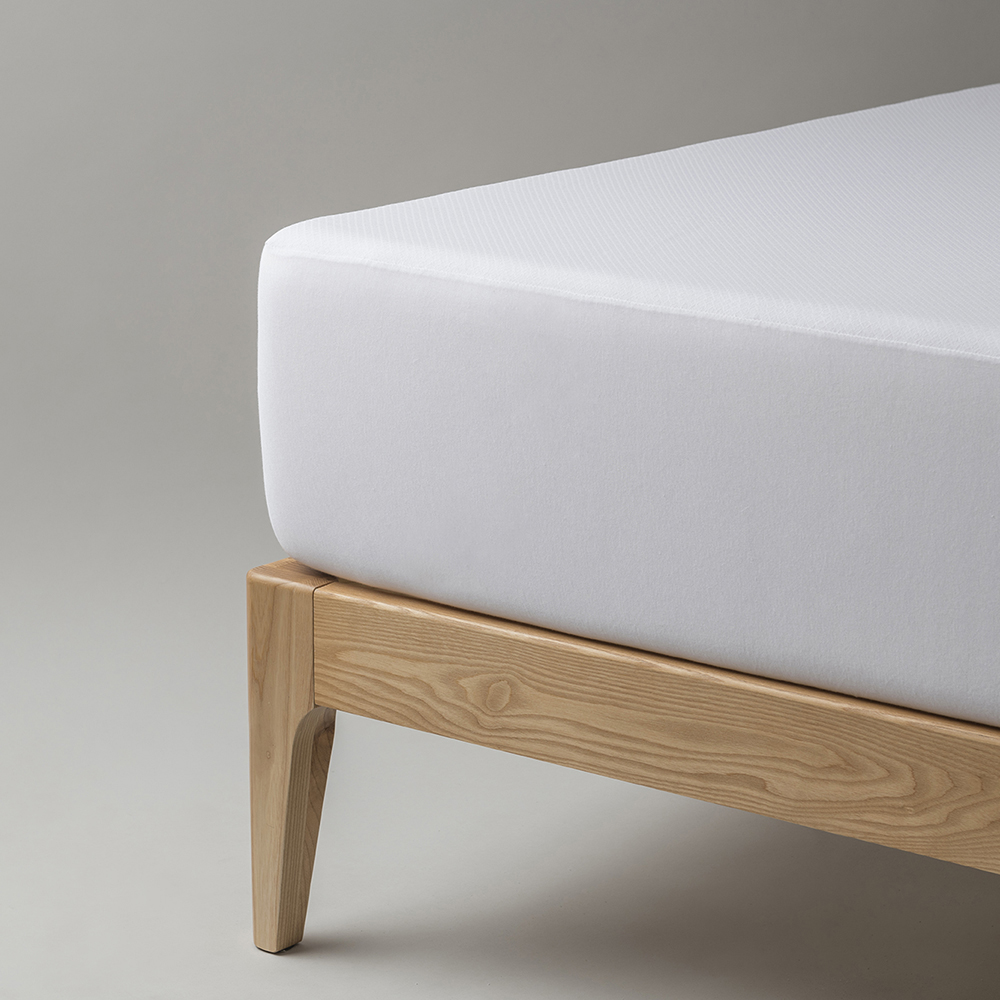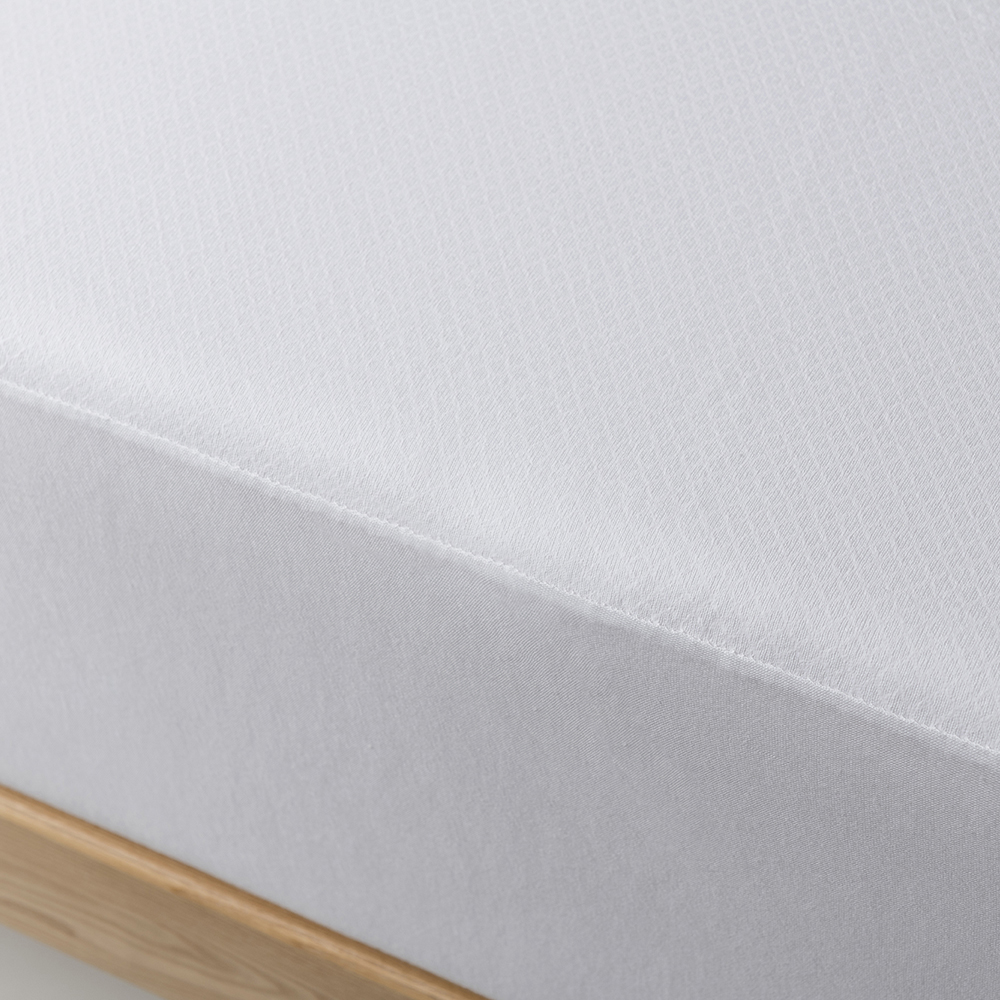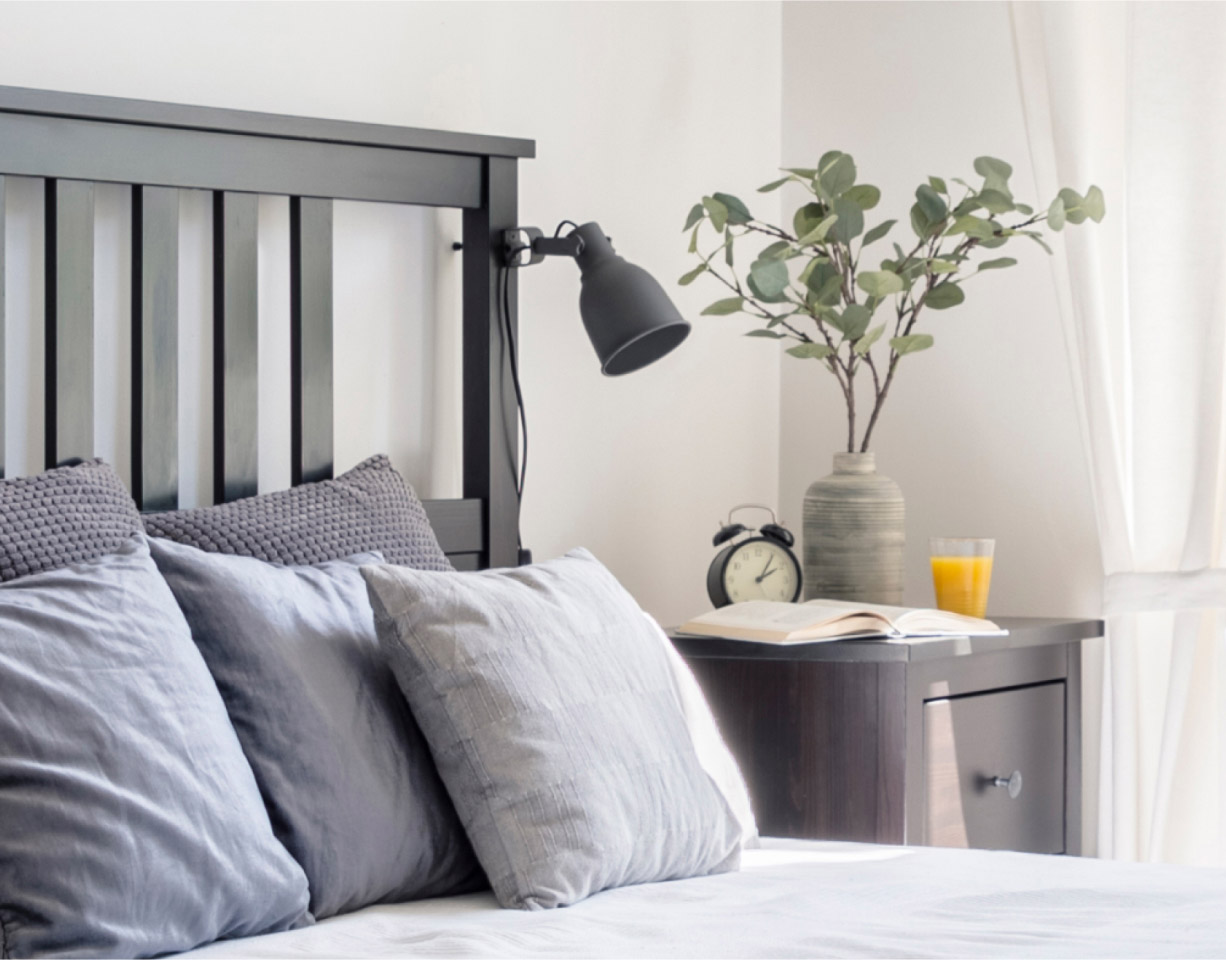Here we sleep without hot flashes
For a good night’s sleep 365 days a year

Summer and heat bring us fun, holidays and adventures, but at the same time, they make us sweat due to the high temperatures and increased humidity level.
Sometimes, excessive sweating and the discomfort it causes can affect the quality of sleep.
In fact, one of the most uncomfortable effects of sweating is body odour. Do you know where it comes from? Interestingly, it does not originate from sweat itself, but from bacteria living on the skin. These bacteria grow, reproduce and generate reactions in the fatty acids which, when mixed with sweat, give rise to odour. Also, depending on the type of flora on your skin, bacteria may break down earlier and generate odour more quickly. Therefore, it is not always a question of hygiene.
Night sweats are the body’s natural way of balancing temperature by allowing heat to evaporate through the skin.
OUR PRODUCTS
Cool the hottest nights
VELFONT TIPS
For a summer without smells
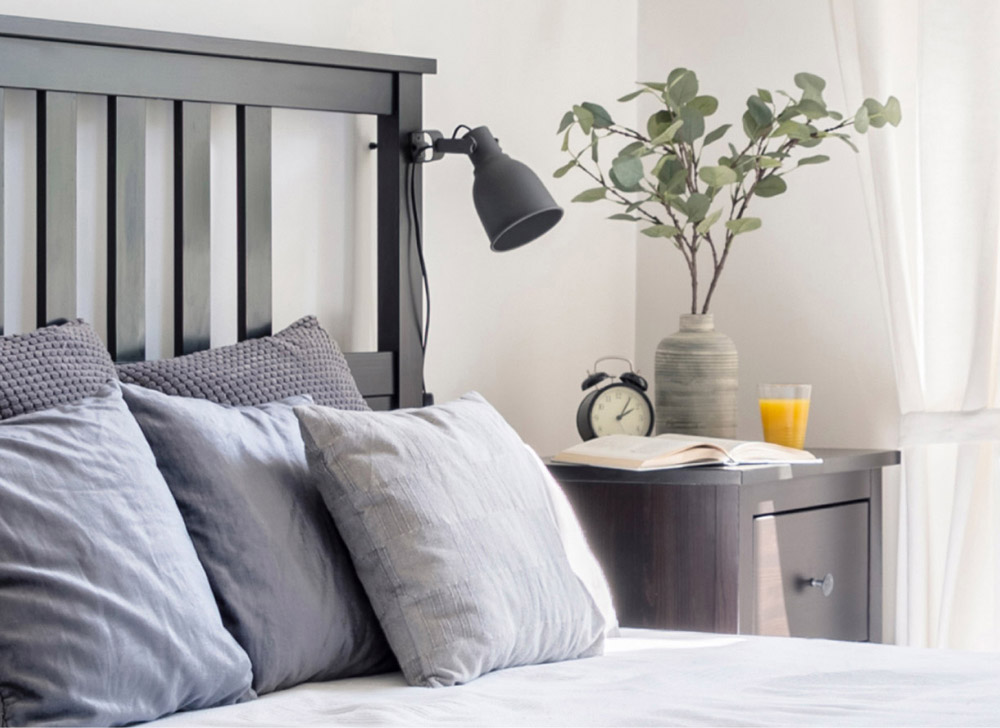
Unfortunately, we all experience night sweats at some point, but there are causes that make them more frequent, such as the menopause, obesity and hormonal changes.
So, is it useful to shower many times a day to avoid sweating?
Not really, as this deteriorates the epidermal flora causing an early development of bacteria, accelerating the appearance of bad odour. Therefore, it is best to shower once or twice a day.
In addition to following the basic rules of personal hygiene, here are some useful tips that can help you reduce sweating while you rest:
- Air the room well, wear fewer clothes and take a hot shower before going to bed
- Forget tight-fitting clothes and synthetic fabrics, preferably wear loose-fitting and cotton
- Use topical antiperspirants where you need them most: underarms, hands, feet or face. Unlike deodorants, they reduce the amount of sweat
- Consider matching bed linen to the room temperature
- Reduce stress and anxiety as much as possible, especially before going to bed
- Avoid alcohol, coffee, tea, tobacco and spicy foods
- As far as possible, eat a light dinner, drink water and avoid large meals
